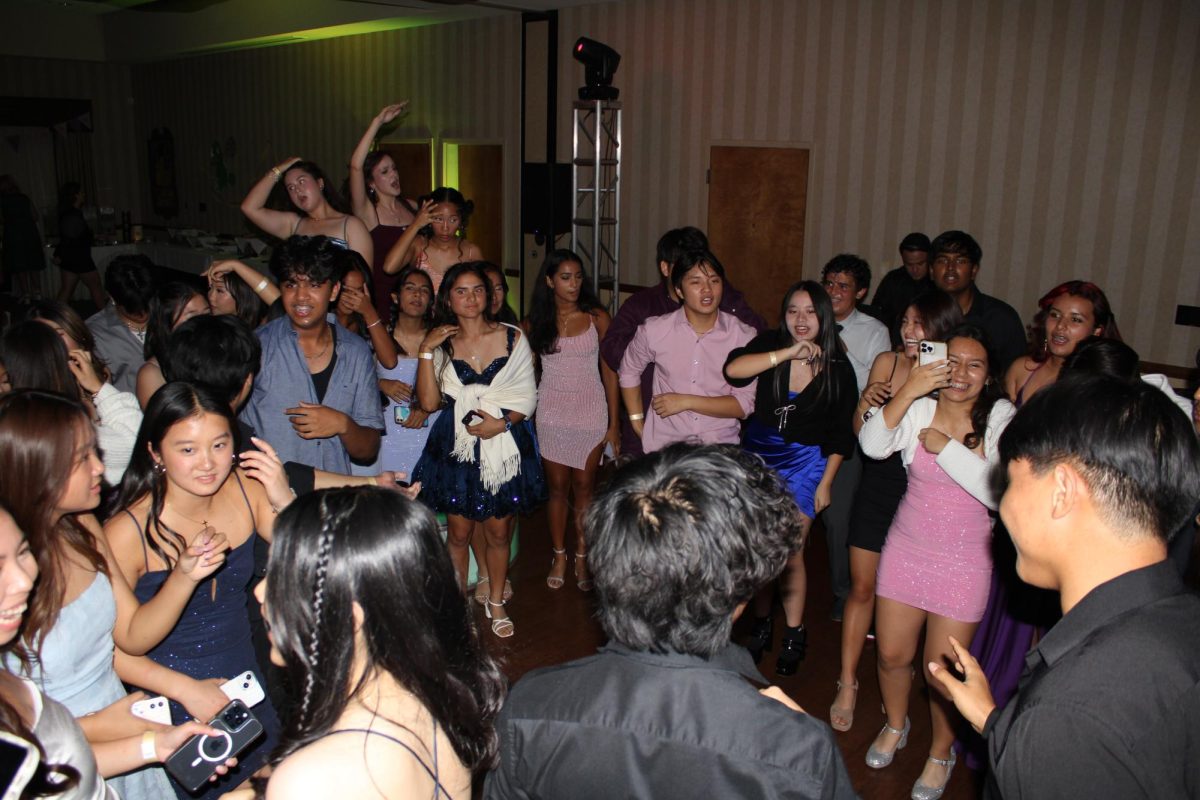The Golden Globes Awards, a prestigious annual event celebrating outstanding achievements in film and television, garnered significant attention this year. Reaching 9.4 million people worldwide, viewers eagerly tuned in to witness one of Hollywood’s biggest nights, featuring highly anticipated nominations, like “Barbie” and “Oppenheimer,” and industry A-listers.
However, amidst the excitement, controversy quickly arose due to the opening monologue of the stand-up comedian and host of the night, Jo Koy. Entrusted with setting the tone for the entire show, Koy’s choice of jokes left the audience frustrated and disappointed at his bland, tasteless display of misogyny.
“‘Oppenheimer’ is based on a 721-page Pulitzer Prize-winning book about the Manhattan Project, and ‘Barbie’ is on a plastic doll with big boobies,” said Koy in his opening remarks in an attempt to play on the “Barbenheimer” craze. His reduction of the Barbie movie to a mere toy with breasts not only undermined the film’s adept exploration of patriarchy and feminism but also showed disrespect for Gerwig and her team’s work and perpetuated the broader societal trend of promoting media considered “masculine” at the expense of women’s achievements.
The opening monologue missed a chance to spotlight the contributions and impact that women achieved in the entertainment industry throughout the year. Instead, Koy employed the same stale and sexist jokes, dehumanizing and subjecting women to ridicule and objectification.
This controversy is not just about one joke or comedian but rather reflects the misogynistic and systemic issues in the entertainment world. These ingrained biases perpetuate harmful stereotypes such as that all women-centric media is frivolous and lacks impactful substance. Women-focused films are often dismissed as “woke, feminist trash” and not taken as seriously as their male-oriented counterparts, highlighting a pattern of systemic undervaluation. This contributes to a hesitancy among industry stakeholders and audiences to support female-led projects, limiting opportunities and thus continuing a cycle of inequality.
In a BBC Radio 4’s Today interview, Greta Gerwig, the director of “Barbie,” addressed Koy’s jab.
“Well, he’s not wrong. She’s the first doll that was mass-produced with breasts, so he was right on. [I] think that so much of the project, of the movie, was unlikely because it is about a plastic doll. Barbie by her very construction has no character, no story, she’s there to be projected upon,” said Gerwig, highlighting the creative and intellectual effort the cast and production team invested in dismantling the shallow perceptions of Barbie and simultaneously women.
Ultimately, the entertainment industry must learn to properly showcase and genuinely celebrate women, recognizing their immense artistic skill and significance within entertainment. It’s time for the industry to move away from outdated stereotypes of women-centric media and instead appreciate their beautifully crafted stories for what they are: art.



























































